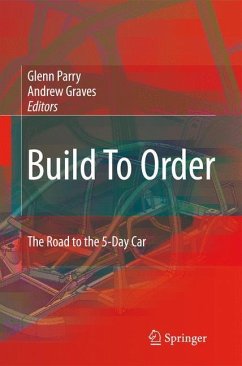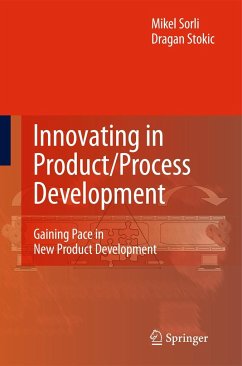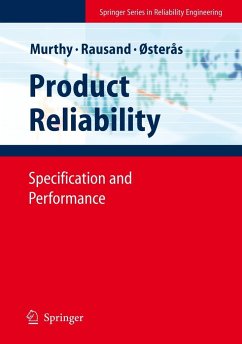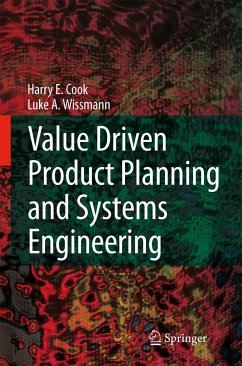
Build to Order
The Road to the 5-Day Car
Herausgegeben: Parry, Glenn; Graves, Andrew Peter

PAYBACK Punkte
38 °P sammeln!
Over the past 100 years the European Automotive Industry has been repeatedly challenged by best practice. First by the United States, through the development of 'mass production' pioneered by Henry Ford and more recently by 'lean production techniques' as practised by the leading Japanese producers, particularly Toyota. It has consistently risen to these challenges and has shown it can compete and even outperform its competitors with world-class products. However, the European - dustry is now faced with growing competition and growth from new emerging low-cost countries and needs to re-define ...
Over the past 100 years the European Automotive Industry has been repeatedly challenged by best practice. First by the United States, through the development of 'mass production' pioneered by Henry Ford and more recently by 'lean production techniques' as practised by the leading Japanese producers, particularly Toyota. It has consistently risen to these challenges and has shown it can compete and even outperform its competitors with world-class products. However, the European - dustry is now faced with growing competition and growth from new emerging low-cost countries and needs to re-define its competitive advantage to remain at the forefront of the sector. Automotive growth is driven by two factors, new m- kets and new technologies. Global competition is increasing, with technology and product differentiation becoming the most important sales factors, but with c- tinued cost pressure. Within the market the winners will be more profitable and the losers will disappear. The Automotive Industry makes a significant contribution to the socio-economic fabric of the European Union. Manufacturing output represents EUR700 billion and research and development spending EUR24 billion. European automotive suppliers number 5000 member companies and represent 5 million employees and generate EUR500 billion in revenues. These are significant figures that generate wealth and high value employment within the EU. European firms must consistently improve their competitive position to ensure that the industry does not migrate to growing new markets.













